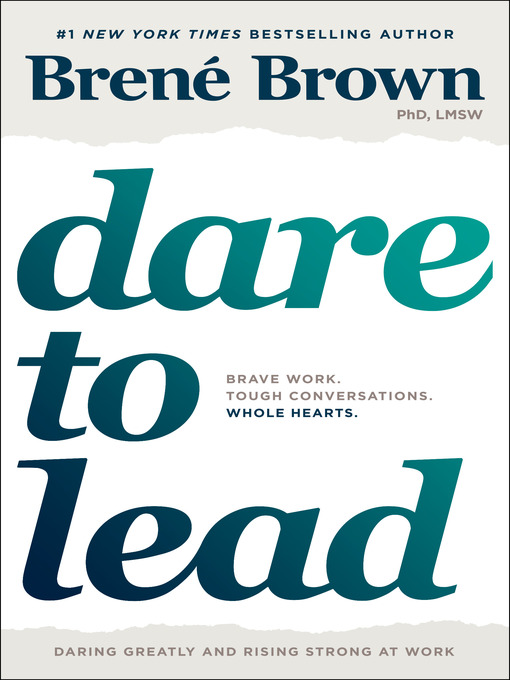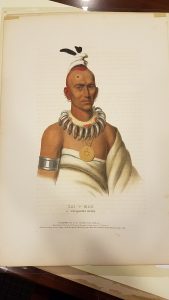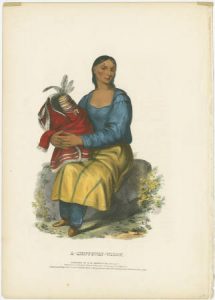Featured Title

New Fiction Titles

Check out all new FICTION titles, a complete list of MYSTERY titles and new SCIFI & FANTASY titles.


Check out all new FICTION titles, a complete list of MYSTERY titles and new SCIFI & FANTASY titles.
Take a look at some hot new titles to enjoy in front of the fireplace. Click on the cover to reserve your copy today.
For a complete list of new FICTION titles, click here, or check out new MYSTERY titles.
We’ve also got a complete list of new SCIFI & FANTASY titles.
For a complete list of new NONFICTION titles, click here
Special Collections has a number of interesting books on Native Americans and the westward expansion of the United States, with particular focus on relations between Native Americans and Europeans moving into the American West. These books often include descriptions of tribal life,  customs, and language as encountered and recorded by Europeans. One example is Caleb Atwater’s Indians of the Northwest (1831). Atwater was an archaeologist known for work on the mounds and earthworks of the Ohio Valley. In 1831 he published his experiences while he was employed by the United States government to negotiate with the people of the upper Mississippi. In the book he described customs, including games, music, and dancing. Atwater also recorded lists of common words in the Sioux or Dacota language.
customs, and language as encountered and recorded by Europeans. One example is Caleb Atwater’s Indians of the Northwest (1831). Atwater was an archaeologist known for work on the mounds and earthworks of the Ohio Valley. In 1831 he published his experiences while he was employed by the United States government to negotiate with the people of the upper Mississippi. In the book he described customs, including games, music, and dancing. Atwater also recorded lists of common words in the Sioux or Dacota language.
 Examples from another interesting and important work can be found in the Library’s Hilde P. Holme Print Collection (find scanned images in Digital Maryland). The collection includes a small group of hand colored lithographs originally part of a larger work, McKenney and Hall’s History of the Indian Tribes of North America (1836-1844). The prints are thought to be some of the most accurate 19th century portraits of Native Americans. Many of the prints are based on the portraits of Charles Bird King who was hired by McKenney, then Superintendent of Indian Affairs in the U.S. War Department, to preserve the likenesses of treaty delegates visiting Washington, D.C. for negotiations. McKenney was rightly concerned about the tribe’s culture under threat of settlers and unsympathetic government officials. Then President Andrew Jackson was critical of McKenney’s sympathies toward Native Americans and in 1830 removed McKenney from office. McKenney then secretly had the original portraits copied for engraving so that the lithographs could be made. They were eventually published in a three volume set that included brief descriptions that accompanied each lithograph. King’s original portraits were moved to the Smithsonian, but most were destroyed by fire in 1865. All that is left are the hand colored lithographs.
Examples from another interesting and important work can be found in the Library’s Hilde P. Holme Print Collection (find scanned images in Digital Maryland). The collection includes a small group of hand colored lithographs originally part of a larger work, McKenney and Hall’s History of the Indian Tribes of North America (1836-1844). The prints are thought to be some of the most accurate 19th century portraits of Native Americans. Many of the prints are based on the portraits of Charles Bird King who was hired by McKenney, then Superintendent of Indian Affairs in the U.S. War Department, to preserve the likenesses of treaty delegates visiting Washington, D.C. for negotiations. McKenney was rightly concerned about the tribe’s culture under threat of settlers and unsympathetic government officials. Then President Andrew Jackson was critical of McKenney’s sympathies toward Native Americans and in 1830 removed McKenney from office. McKenney then secretly had the original portraits copied for engraving so that the lithographs could be made. They were eventually published in a three volume set that included brief descriptions that accompanied each lithograph. King’s original portraits were moved to the Smithsonian, but most were destroyed by fire in 1865. All that is left are the hand colored lithographs.
Explore more history in Digital Maryland.
The National Day of Mourning is a day of protest started by Native American activists in the 1970s to mourn, recognize, and educate the American people about the erasure of Native American history, culture, and lives that has been ongoing since Europeans settled in North America. It takes place on the same day as Thanksgiving.
To honor this day of mourning, please find resources from the Humanities department below of literature, graphic novels, plays, and poetry by and about Native Americans. Texts written by Native Americans have an asterisk next to the title. Click on the picture to check out the title.
Film
‘Injuns!’: Native Americans In The Movies by Edward Bucombe, Alanis Obomsawin: The Vision Of A Native Filmmaker byRandolph Lewis, Wiping The War Paint Off The Lens: Native American Film And Video by Beverly R. Singer
Graphic Novels
Indeh: A Story Of The Apache Wars by Ethan Hawke
Literature and Culture
*Native American Literature: A Very Short Introduction by Sean Kicummah Teuton (Cherokee), *Voice Of The Turtle: American Indian Literature by Paula Gunn Allen (Laguna Pueblo), Encyclopedia Of American Indian Literature edited by Jennifer McClinton-Temple and Alan Velie, Masterpieces Of American Indian Literature edited by Willis Goth Regier, Native American Fiction: A User’s Manual edited by David Treuer (Ojibwe), Searching For Lost City: On The Trail Of America’s Native Languages by Elizabeth Seay, *Sister Nations: Native American Women Writers On Community edited by Heid E. Erdrich (Ojibwe), Tracks That Speak: The Legacy Of Native American Words In North American Culture by Charles L. Cutler, Feathering Custer by W.S. Penn (Nez Perce), Native American Women’s Writing C.1800-1924: An Anthology by Karen L Kilcup.
Memoir
*Crazy Brave: A Memoir by Joy Harjo (Muscogee), *The Woman Who Watches Over The World: A Native Memoir by Linda Hogan (Chickasaw)
Poetry
*New Poets Of Native Nations edited by Heid E. Erdrich, (Ojibwe), *Combing The Snakes From His Hair: Poems by James Thomas Stevens (Akwesasne Mohawk)
Religion
Dream Catchers: How Mainstream America Discovered Native Spirituality by Philip Jenkins, Gods Of War, Gods Of Peace: How The Meeting Of Native And Colonial Religions Shaped Early America by Russell Bourne
Theater
*American Gypsy : Six Native American Playsby Diane Glancey (Cherokee)